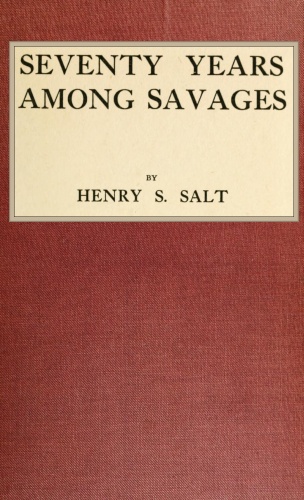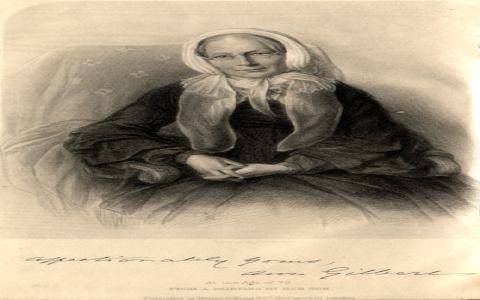So, I’ve been on this kick lately, trying to understand what makes some folks really good at leading, you know? Not just the usual rah-rah stuff, but the real grit behind it. And somehow, I stumbled down a rabbit hole and ended up looking into Sir Graham Henry. Yeah, the rugby guy. Seemed like an odd place to go for everyday lessons, but stick with me.

I didn’t just skim his Wikipedia page or watch a couple of highlight reels. Nah, I decided to make a bit of a project out of it. I started digging around for interviews, bits from documentaries, articles where he wasn’t just talking about winning, but how they got there. My whole thing was to see if there was anything, anything at all, that a regular Joe like me could actually use. Not on a rugby field, obviously, but just in life, or maybe with a small team, or even just organizing my own chaos.
Digging into the Nitty-Gritty
First off, I spent a good few evenings just watching old footage and reading. It wasn’t about becoming a rugby expert – far from it. I was trying to pick up on the patterns, the philosophy. What was he actually doing day in, day out? It’s easy to say “build a good culture,” but what does that look like in practice? That’s what I wanted to figure out.
One thing that really grabbed me was this whole “better people make better All Blacks” idea. At first, I thought, okay, that’s a bit cliché. But the more I looked into it, the more it seemed like he genuinely focused on the character of the players, not just their skills. I tried to think about that in my own small ways. Like, when I’m working on something with others, am I just focused on the task, or am I thinking about how we’re working together as people? Big difference, it turns out.
Then there was the planning. Man, the level of detail! It wasn’t just about showing up and hoping for the best. I read about how they prepared for different scenarios, how they analyzed opponents. So, I tried to apply a sliver of that. When I had a tricky project, instead of just diving in, I actually sat down and tried to map things out more. Made a list of what could go wrong. Sounds basic, I know, but actually doing it consistently? That was the practice. It didn’t always make things perfect, but it definitely cut down on the “oops” moments.
And this famous “no dickheads” policy. Crude, yeah, but pretty effective, I reckon. I started observing group dynamics a bit more, even in casual settings. And you know what? It’s often true. One really negative or disruptive person can just tank the whole vibe, the whole effort. Trying to foster an environment where that kind of behavior just doesn’t fly, even in a small way, became a sort of mini-goal for me. Easier said than done, let me tell you, especially when you’re not the one officially in charge.

The Reality Check
Now, it wasn’t all smooth sailing, this “practice” of mine. Trying to take principles from elite international sport and shoehorn them into everyday life? Yeah, it’s a bit of a stretch sometimes. Sir Graham Henry had a whole support system, years of experience, and highly motivated athletes. I’ve got, well, me, and sometimes a very uncooperative printer.
For instance, empowering others. Sounds great on paper. He talked a lot about player-led initiatives. I tried to be more “empowering” in a couple of group things I was involved in. You know, step back, let others take the lead. Sometimes it worked brilliantly. Other times, things just stalled because everyone was waiting for someone else. Or, if I’m honest, sometimes I just got impatient and jumped back in. Old habits die hard, I guess.
And the whole meticulous planning thing? Life loves to throw curveballs. I’d have my neat little plan, and then something completely unexpected would happen, and the plan would go out the window. What I learned there was that the value wasn’t just in the plan itself, but in the process of planning – thinking through things helped me adapt quicker when things went sideways.
So, what’s the takeaway from all this mucking about with rugby coaching philosophy? I’m definitely not about to coach a sports team. But spending that time, really trying to dissect his approach, it gave me a few new ways to think about things. It’s not about finding a magic formula. It’s more about picking up little bits, trying them out, seeing what fits, and what helps you, even in a small way, to get a bit better at whatever it is you’re doing. It’s an ongoing practice, really. You learn something, you try to apply it, you stumble a bit, you adjust. And hopefully, you get a little wiser along the way.















